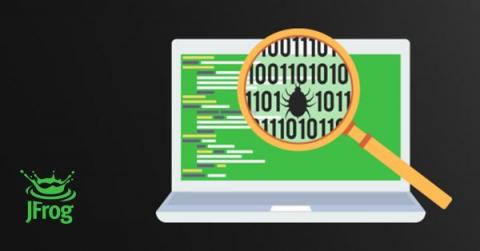CVE-2021-44832: A New Medium Severity Vulnerability Was Found in Log4j
Another — though unlikely — vulnerability was discovered in Log4j’s latest versions: CVE-2021-44832. This is an Arbitrary Code Execution exploit using, yet again, the now infamous JNDI functionality. The vulnerability lets an attacker with control over the Log4j configuration set a malicious datasource for the JDBC (Java DataBase Connectivity API) appender. The datasource refers to an attacker-controlled JNDI URI that will execute arbitrary code on the application using Log4j.











